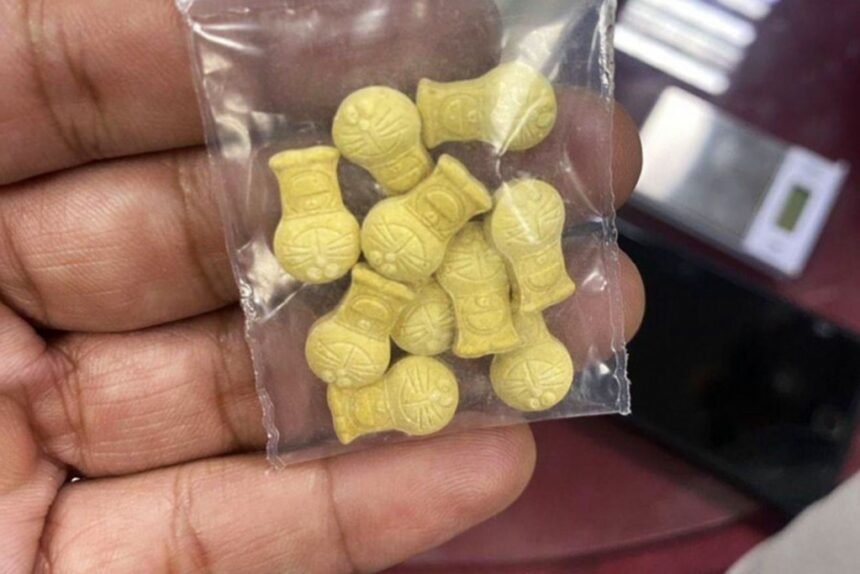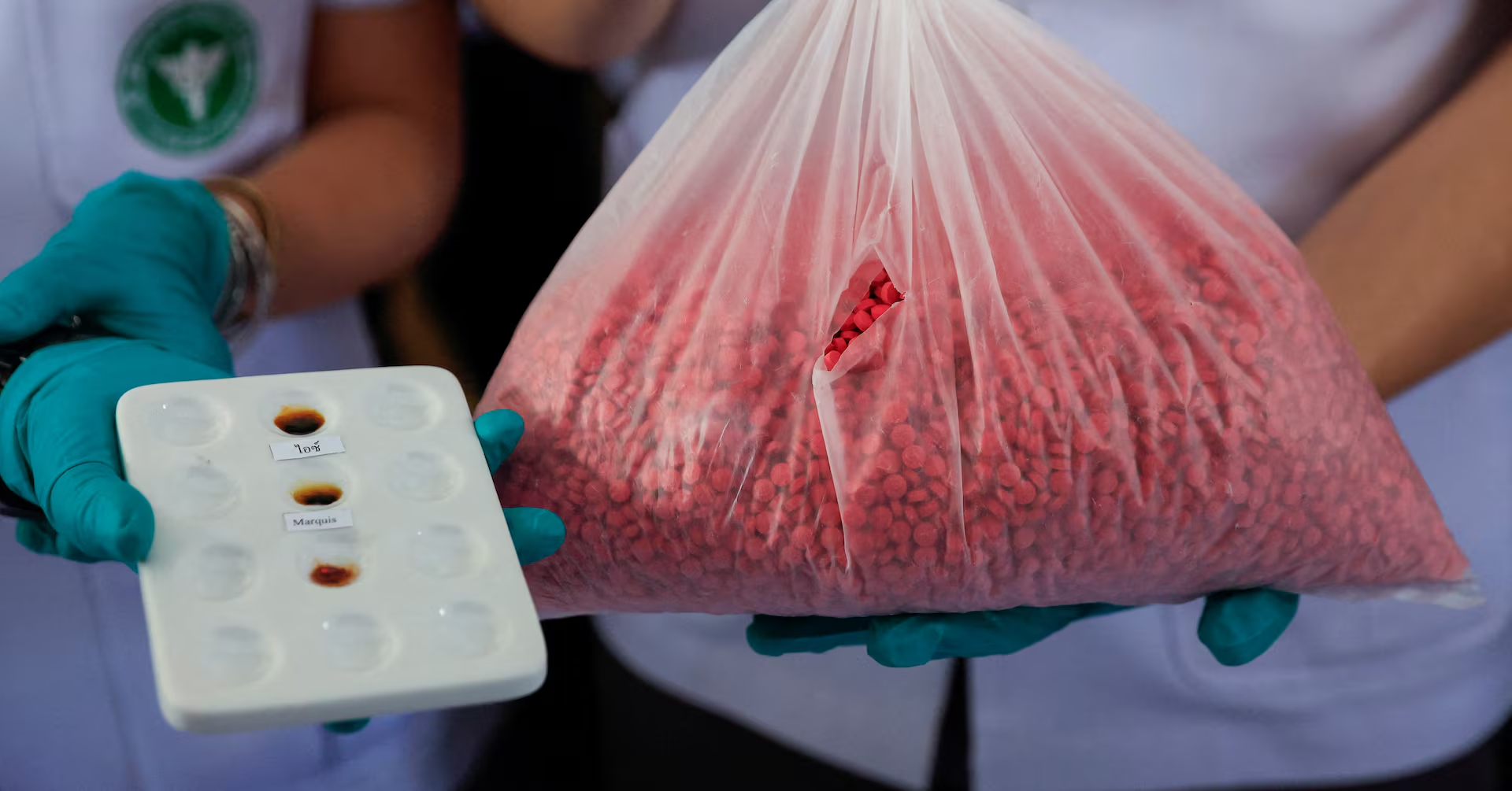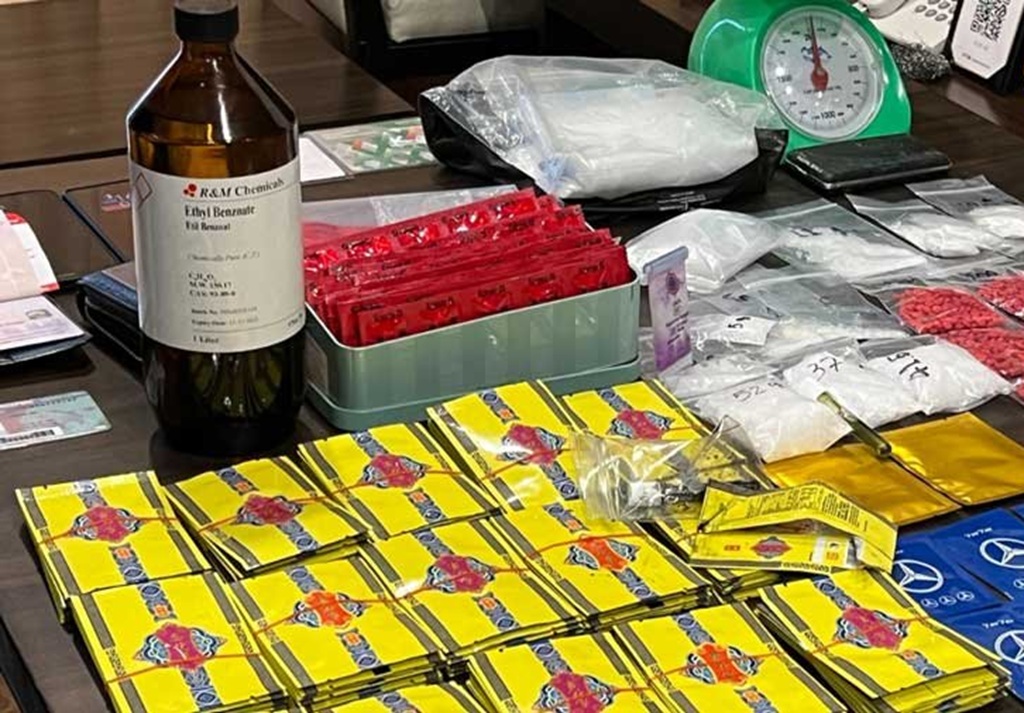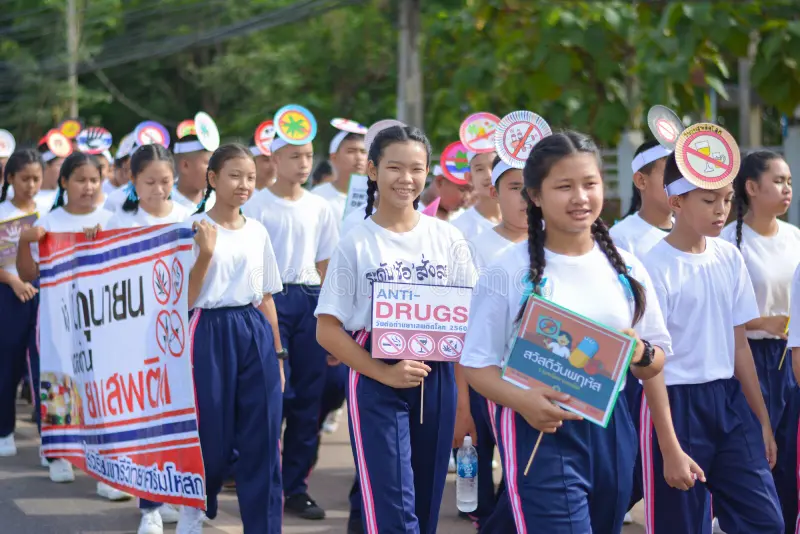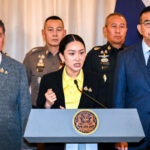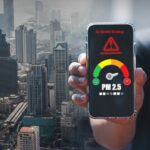BANGKOK – Thai academics, health officials, and police have raised concerns that illegal drug manufacturers are targeting teenagers by packaging illegal drugs to look and taste like sweets.
Bright, colourful wrappers and fruity flavours disguise drugs such as “molly” (MDMA) and methamphetamine, making them look like popular confectionery. These products are openly sold online, taking advantage of digital platforms to reach young people.
Assistant Professor Dr. Sirach Lapyai from Mahidol University, who manages the Product Watch Programme, has warned about the dangers, highlighting how these tactics make drugs seem safe and appealing.
Manufacturers are wrapping drugs in packaging that looks like sweets or energy drink sachets. Some drugs even come shaped as lollipops or chewy candies, flavoured with strawberry, mango or bubblegum to hide the chemical taste.
This approach is designed to make the drugs look harmless and fun, especially to teenagers and young adults. Asst. Prof. Lapyai points out that these products aim to lower young people’s guard, often making them forget the real risks of drug use.
Methamphetamine and MDMA
This trend reflects a wider change in Thailand’s illegal drug trade, which now includes more synthetic substances like methamphetamine and MDMA. The 2024 UN Office on Drugs and Crime (UNODC) report shows a major spike in methamphetamine seizures in East and Southeast Asia, with Thailand acting as both a market and a transit point.
The Golden Triangle, where Thailand, Laos, and Myanmar meet, is still a key manufacturing zone. Organized crime groups are changing tactics, using creative packaging to reach more users.
Molly, a well-known party drug, highlights this shift. Once sold as plain pills, it now appears in brightly coloured, fruit-flavoured versions that attract younger users. Reports as far back as 2013 described similar changes, like chocolate and strawberry-flavoured “yaba” pills sold on Facebook.
Newer products such as “happy water,” a sachet that mixes methamphetamine, MDMA, ketamine and other drugs, show how traffickers package drugs to seem cool and accessible.
The Product Watch Programme at Mahidol University keeps an eye on these disguised drugs to spread awareness and call for tighter rules. The team tracks how these substances are promoted and sold, sometimes finding them listed on e-commerce and social media without any age checks. Asst. Prof. Lapyai stresses that traffickers know young people use these platforms and take advantage of the lack of control in online shops.
Happy Water
Buying these drugs online is easier than ever. Instead of secret deals, sellers use popular sites like Instagram, TikTok and regional shopping platforms. Marketing includes bright pictures and slang to appeal to young buyers, blending these products in with regular items.
This can make drugs look like normal lifestyle products and weaken the stigma around them. Asst. Prof. Lapyai says that a teenager might see “happy water” and think it’s just a fun energy drink.
Synthetic drugs like Molly and yaba carry serious health risks, such as heart trouble, anxiety, psychosis and overdoses. The UNODC has reported on “party lollipops,” which mix MDMA with ketamine, making them even more dangerous.
Young people, often unaware of how strong these drugs are or what’s inside, face higher risks. Thailand has felt the impact before, such as the 2022 mass shooting by a suspended police officer under the influence of methamphetamine, leading to stricter laws, though enforcement is still tough.
Thailand is trying different approaches to tackle the problem, but faces many challenges. The country’s 2021 Narcotics Code puts the focus on treatment rather than punishment for minor offences, showing a shift to harm reduction. Still, the size of the synthetic drug trade, driven by criminal groups in the Golden Triangle, calls for better cooperation along borders.
Anti-Drug Campaigns
The UNODC’s Regional Border Management Programme has helped Thailand, Laos and Myanmar share information and carry out large seizures, including 139 million yaba tablets in 2024. Even so, drug traffickers keep finding ways around the law by using new chemicals and creative packaging.
Public health campaigns are key to fighting this trend. Asst. Prof. Lapyai supports school and online education to help young people spot these rebranded drugs and understand the risks. The Product Watch Programme partners with schools and communities to hand out materials on spotting suspicious items and the dangers linked to drug use. Lapyai also urges online shops to use stronger age checks and content controls.
Police are increasing their efforts with major crackdowns. For example, Interpol’s Operation Lionfish Mayag II led to the seizure of synthetic drugs worth $1.05 billion in Southeast Asia, including in Thailand. These raids show how big the problem is, but also how hard it is to stop when drugs are disguised as everyday items.
The stakes for Thai youth are high. Packaging drugs like sweets could worsen the drug crisis, especially in cities like Bangkok, where nightlife makes substances like Molly more tempting. Asst. Prof. Lapyai stands firm in his goal to shield young people, calling it a public health emergency, not just a police matter.
In facing this new threat, teamwork between health officials, law enforcement, and international partners is essential. If left unchecked, the appeal of colourful, sweet-tasting narcotics could pull more young people into a cycle of addiction and harm.




